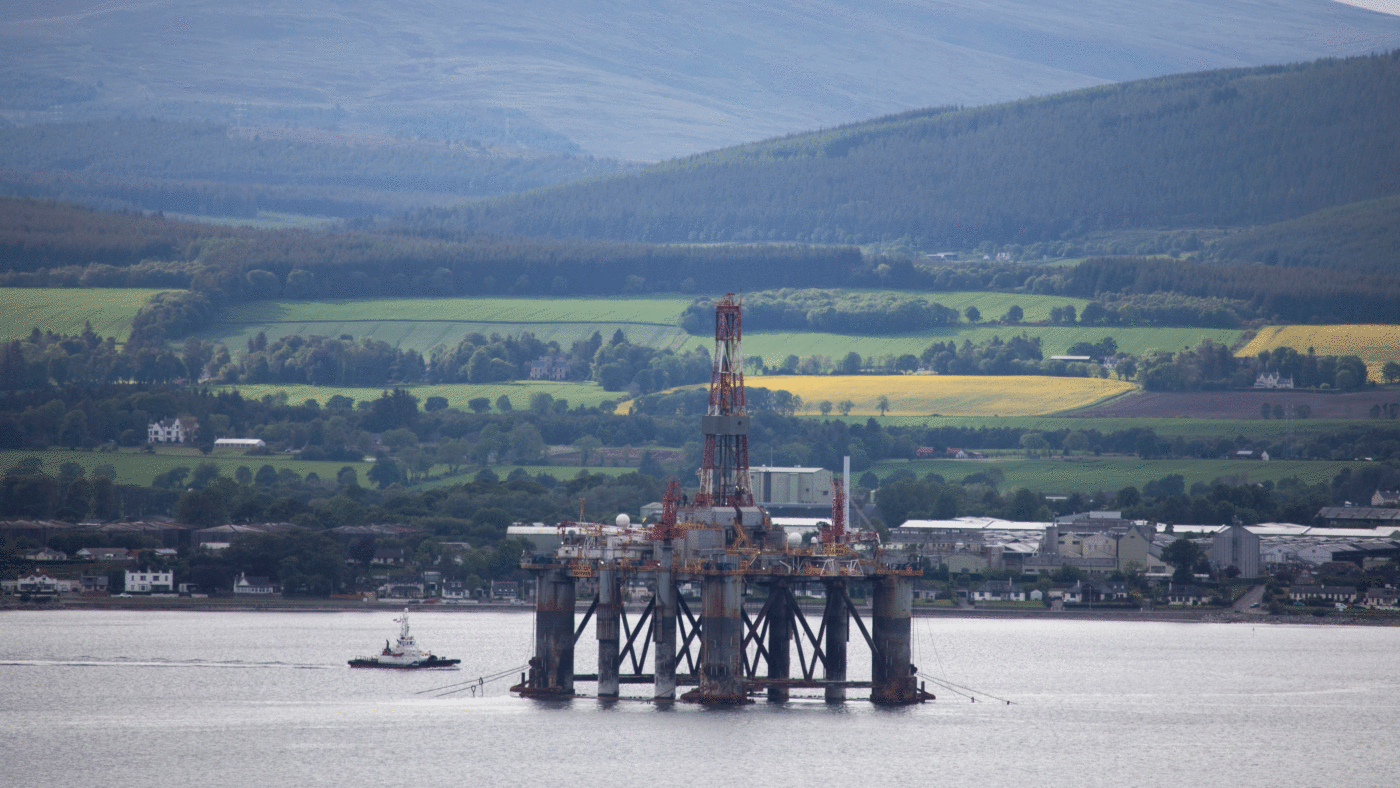Two things in life are certain, death and the Government failing to understand taxes. Early in 2022, when the latest North Sea windfall tax was first being considered, both industry and think tanks warned of the certain consequences of slaughtering the golden goose.
As I said at the time:
“Politicians calling for new windfall taxes on the North Sea mislead the public by ignoring the windfall tax that already exists and the damage done to investment and taxes by previous efforts to raise it. The last time the rate was that high, from 2006-16, it caused a collapse in investment; from £16bn to £4bn a year by 20202. It yielded negative taxes for two years. The Government had to cut the rate and offer allowances to entice companies back. Raising £1.2bn as an election stunt will further put £43bn of pledged investment at risk. This is ‘golden goose’ politics. Every time the North Sea lays an egg, politicians try to kill it with higher taxes.” – City AM, May 2022
Lo and behold in 2023, amid an ongoing energy crisis and European war, with the new profit tax rates at 75% and the opposition calling for the rate to be even higher, firms are deserting the North Sea. The latest to do so is the largest. Harbour Energy, who employ 1,200 people in Aberdeen, plan to shed one-third of their staff. They signalled the danger in January, and again in early March, in the hope of some relief in the Spring Budget or ‘Powering Up Britain’ energy strategy. Relief was, however, not forthcoming.
The Government has had a year of similar warnings from Total, Ithaca, Shell, BP, and Brindex (who represent independents). OEUK, the trade body for large and diversified energy companies, claimed 90% of firms were cutting investment. Five hundred million barrels of oil have already been lost – akin to a year of the UK’s output – and production will fall 15% per year by 2030. It notes some positive shift to investments in offshore wind, but that it is held back by its own five-year 45% windfall tax on energy generators and the burdensome regulatory climate.
Despite promising ‘greater energy independence’, the Government’s policies have in practice delivered the precise opposite: greater dependence on imported fossil fuels, with those imports subsidised through the domestic energy price guarantee.
The hope was that domestic energy bills could be subsidised by windfall taxes – but again, in practice, revenues are set to collapse as production falls. This could be a classic case of the Laffer Curve: high taxes yielding lower returns to the Treasury. Only this is substantially faster and more permanent, given the parliamentary consensus for prioritising Net Zero virtue signalling over economic competence.
Reversing this madness requires not just the scrapping of the current taxes, but consensus between opposition and government on the replacement. An 18-month reprieve would be insufficient. Taxing the windfall gains from the fortunes of war is not rational, the windfall comes regardless at lower rates because of higher prices. But it clearly matters to those seeking election and Labour is unlikely to retreat from a position that links prices to rates. The sensible compromise, therefore, is to make these rates explicit, rather than random exercises in moral panic about ‘profiteering’.
This might look like a 40% rate for ‘normal prices’ between $50-$100 a barrel, 55% for $100-150 and 25% for below $50. Possibly a Norwegian style 78-80% for anything higher than $150. It would require the rates to be set for a decade at least, and preferably longer, by mutual agreement between the parties, preferably including the SNP. Allowances for investment would be substantially reduced and simplified to avoid the cliff-edge problem of random winners and losers in investment decisions that can take years to come to market.
Such a system should address both the political and economic imperatives for all sides, while doing nothing to damage the transition to Net Zero. We are 75% dependent on fossil fuels for our primary energy needs. Anything we drill here is import substitution, or exportable treasure, not a plan to increase fossil fuel dependency.
The pace of decarbonisation relies fundamentally on the alternatives getting cheaper, not artificially making energy more expensive. By failing to understand this, policymakers have risked our energy security, worsened the cost-of-living crisis, and harmed our environmental goals. Solving each requires a prosperous economy underpinned by an attractive investment climate, not punitive taxes and capital flight.
Click here to subscribe to our daily briefing – the best pieces from CapX and across the web.
CapX depends on the generosity of its readers. If you value what we do, please consider making a donation.


